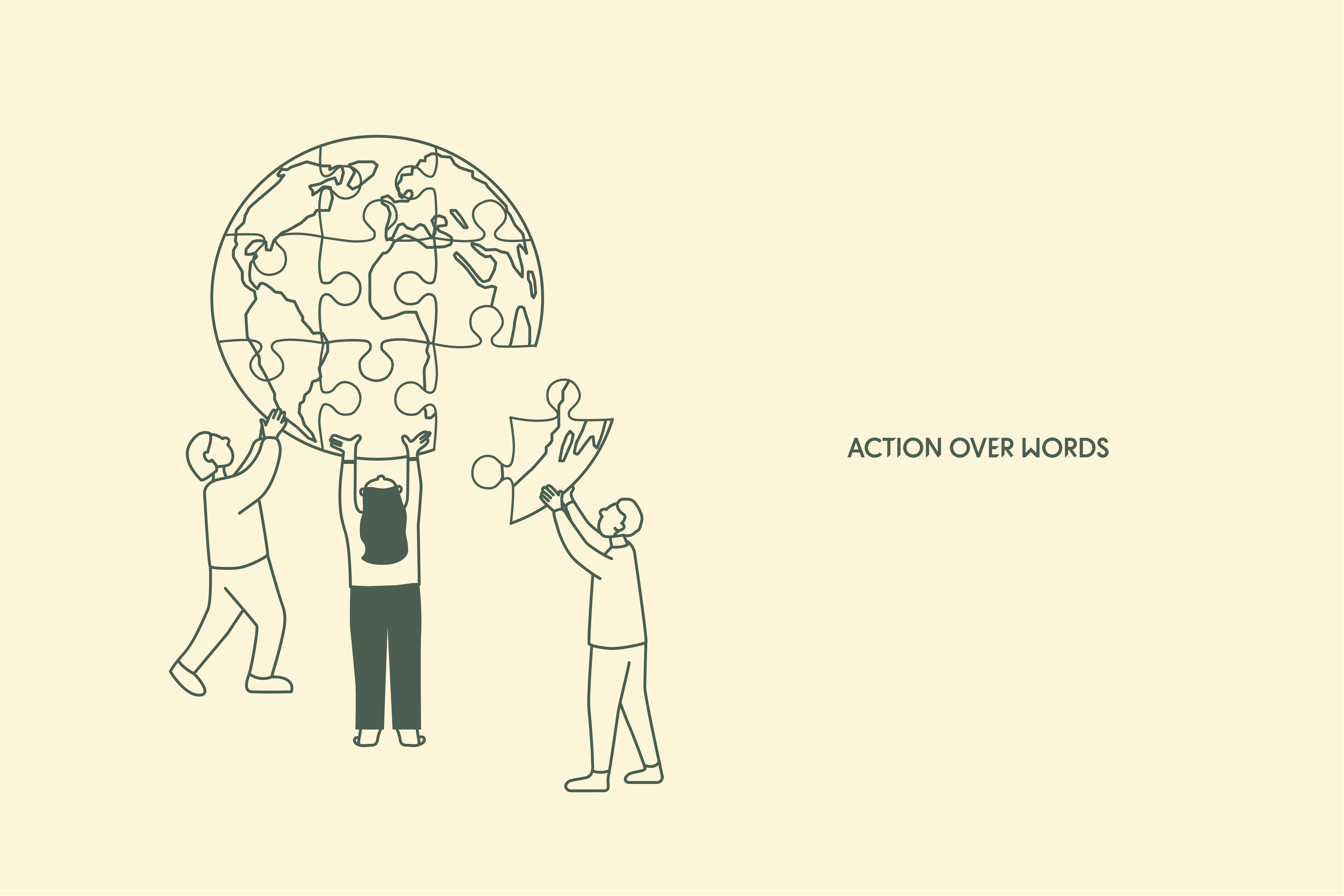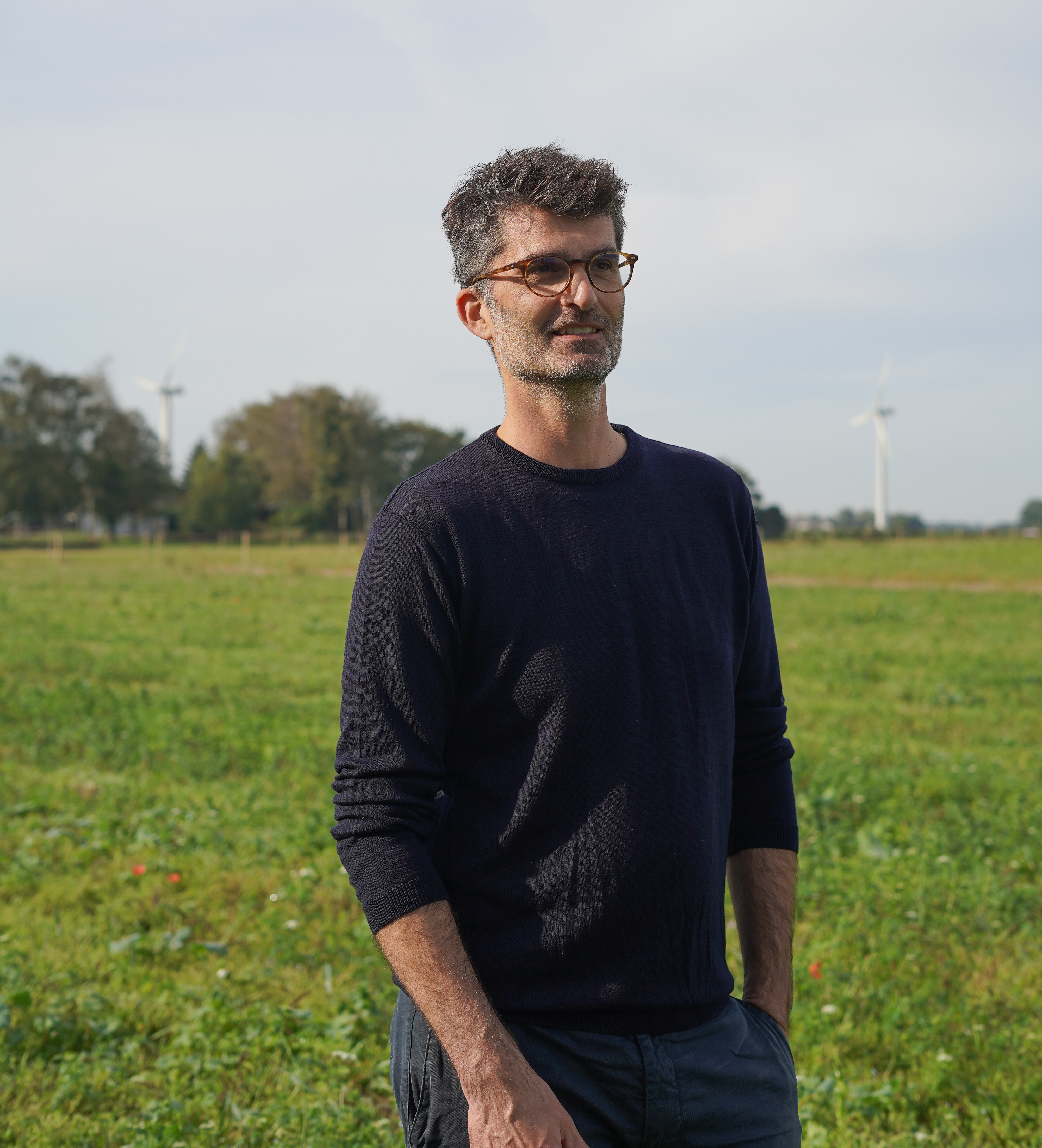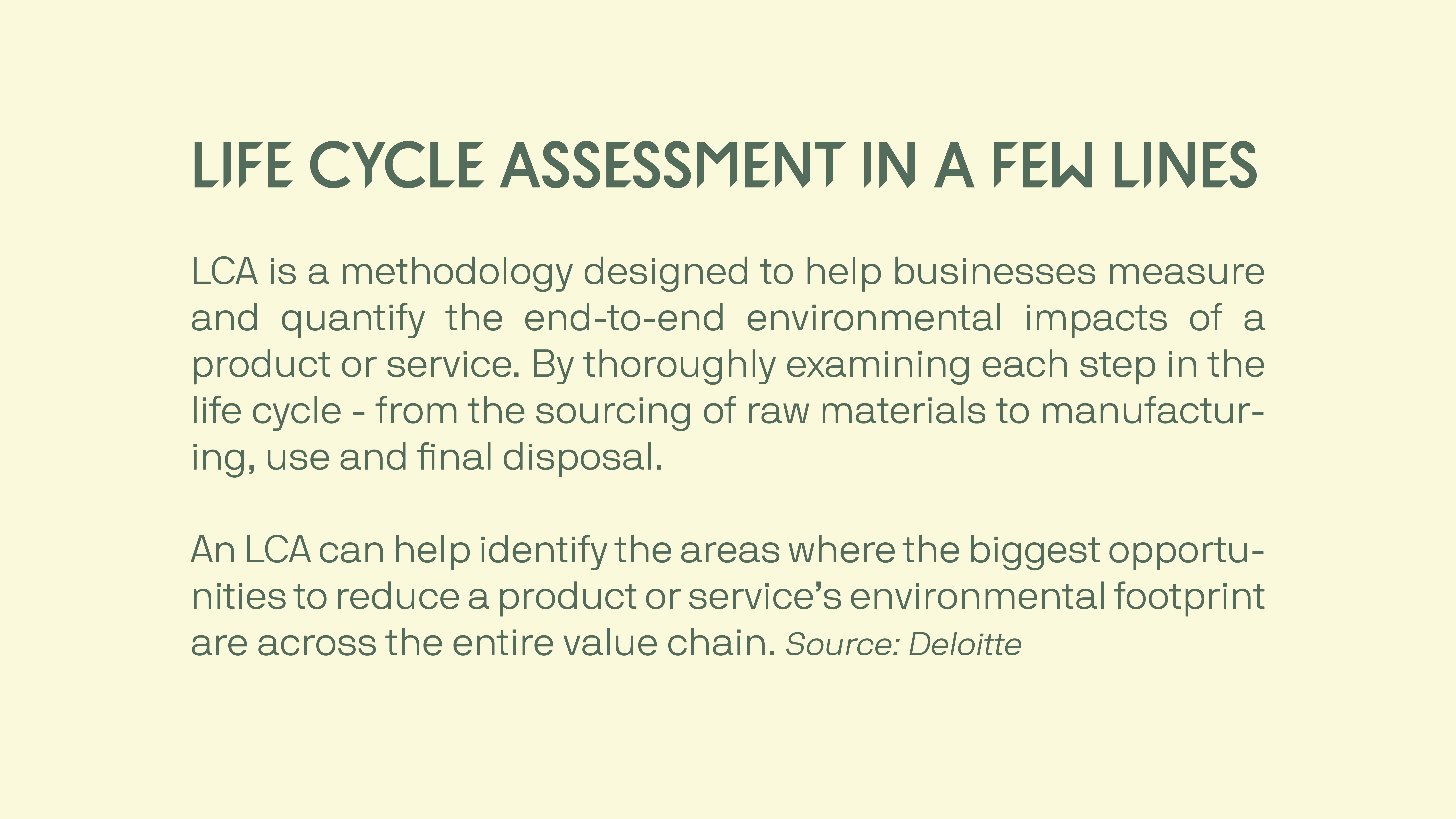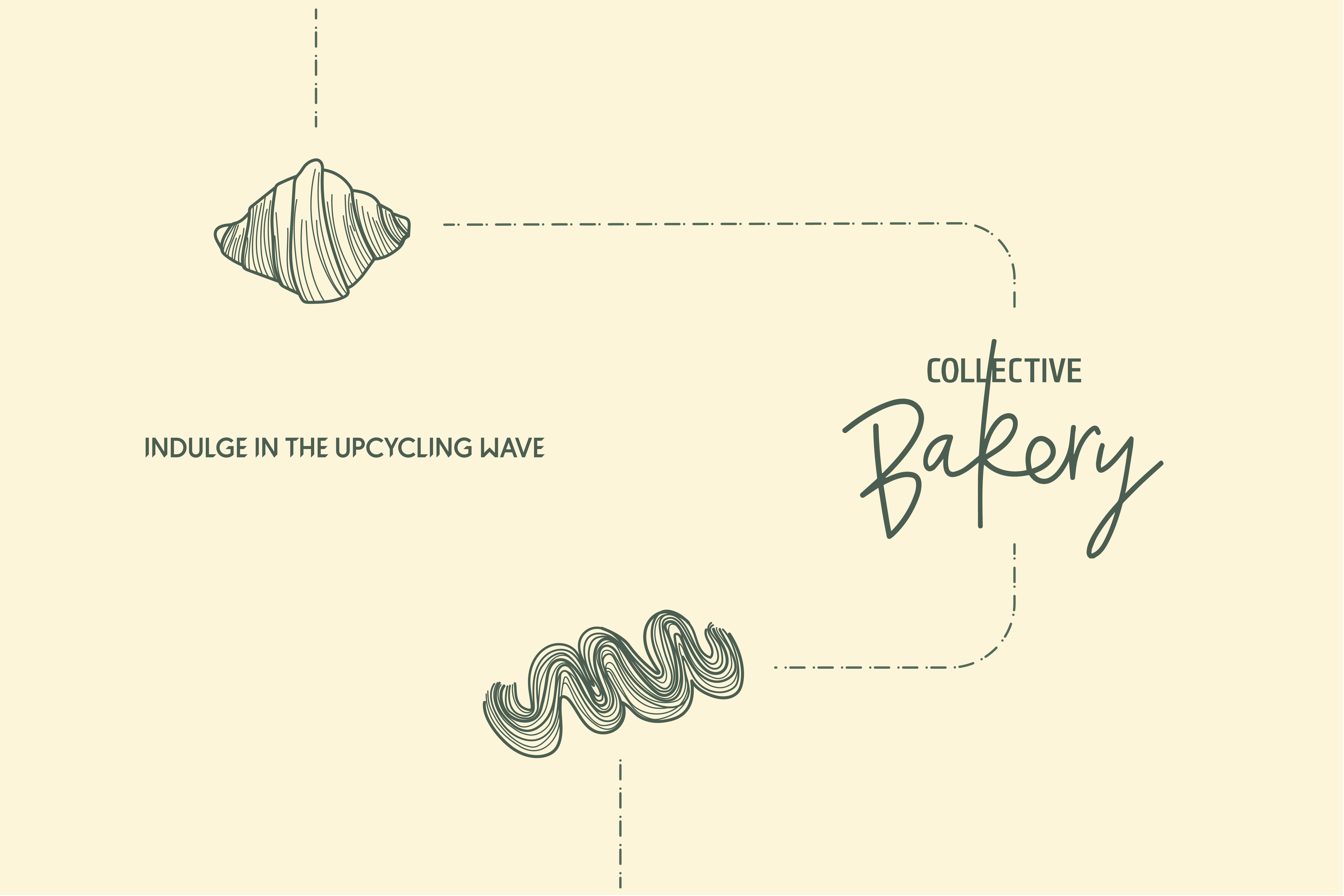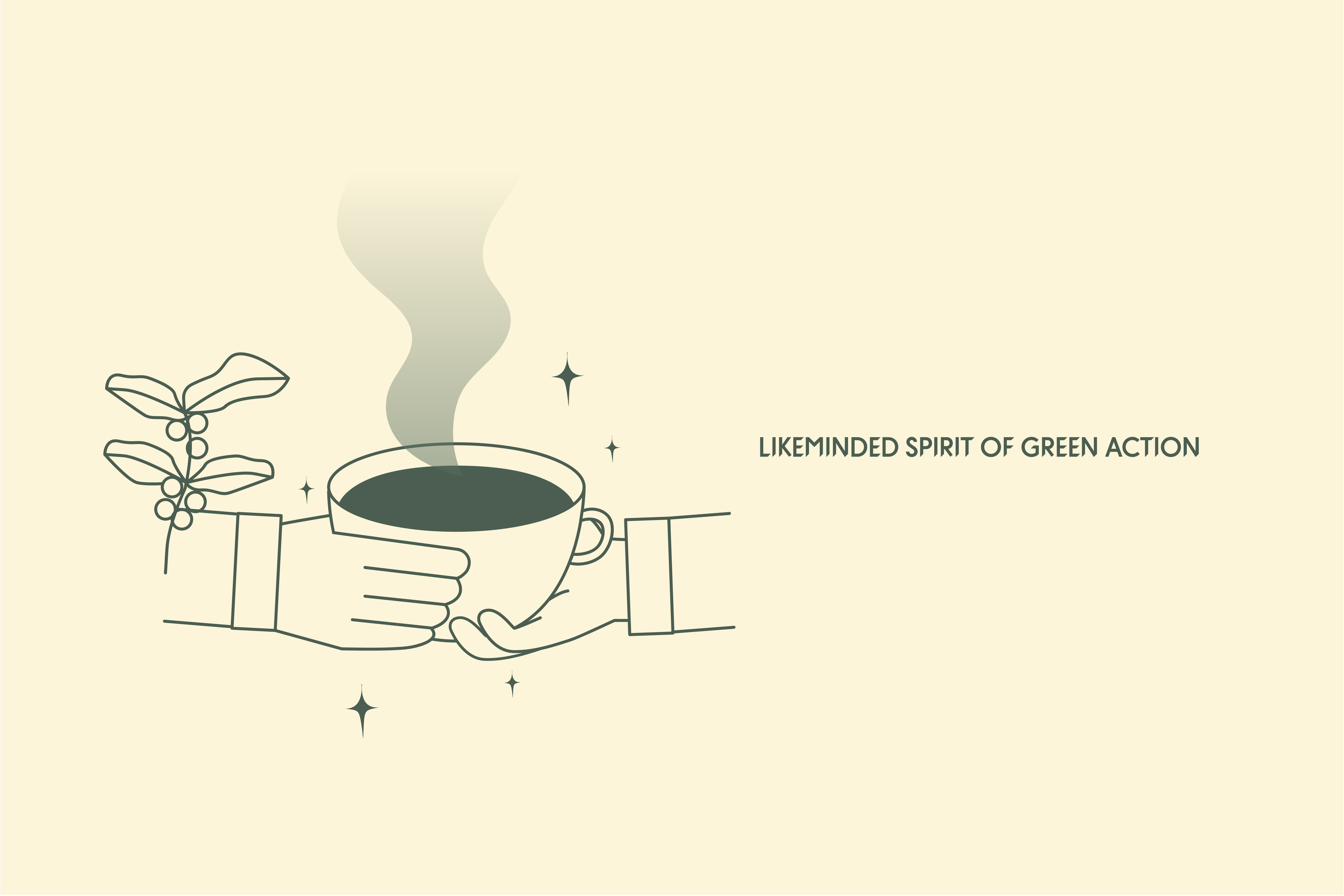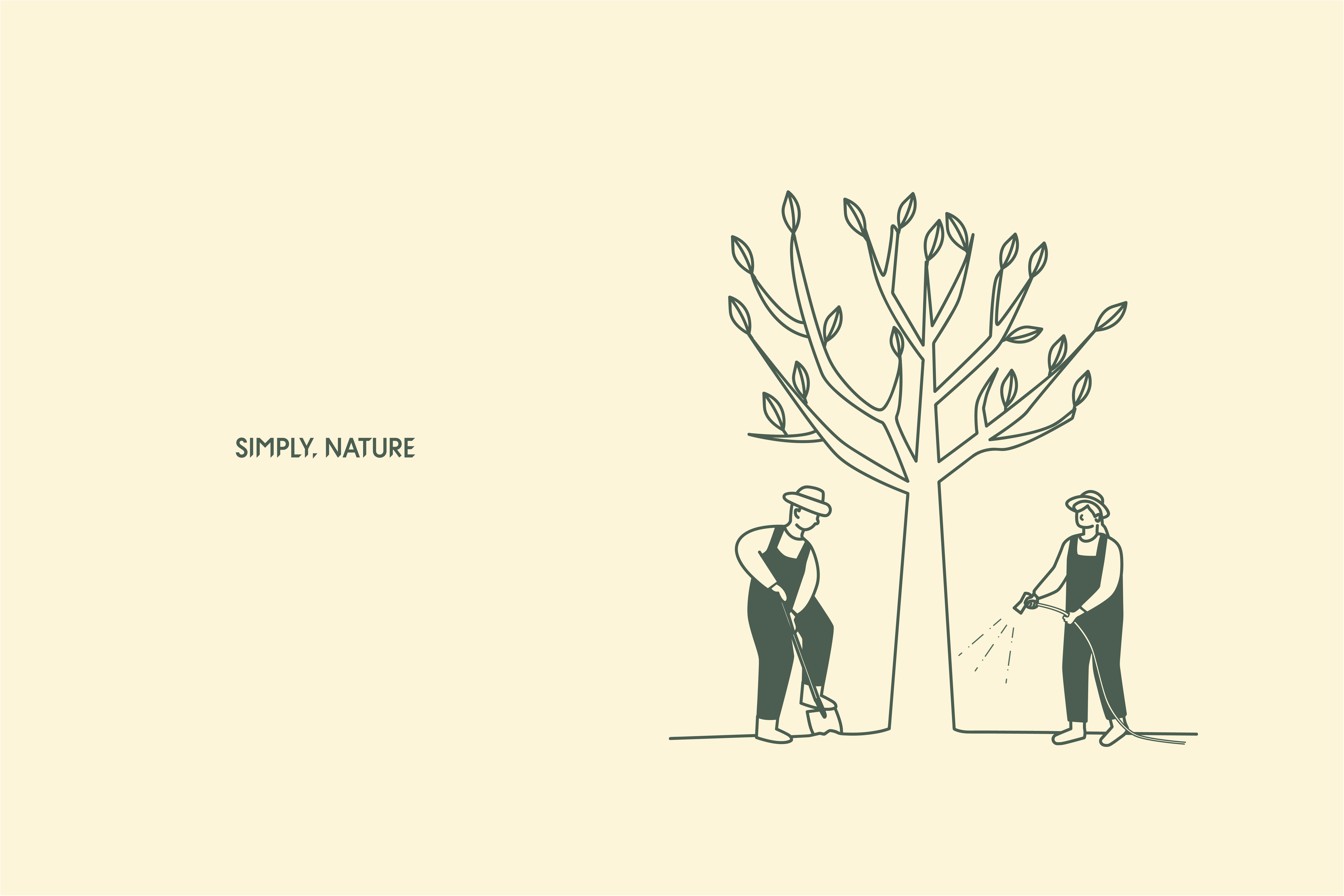Nearly four new moons into 2022 we received an e-mail from a dedicated climate enthusiast, who had taken the time to read our 5th sustainability report that had just been published.
The e-mail began with the sentence, "I can see you plan to be net zero (...)". Back in 2019, we had taken a pledge based on an initiative with our B Corp community. The pledge reflected the core values of Coffee Collective; we wished to minimize our contribution to climate change.
Fast forward to the e-mail from our dedicated reader, who could inform us, of a change in the definition of the term, Net Zero. To us, this is a great example of the authentic and real community-based approach to climate change. It is not a competition to win, but a joint effort where action means more than words.
Regardless of how we address it, our goal is still the same; we wish to minimise our contribution to climate change - so let's talk about how we will make this happen!
Climate actions from factual foundations
At Coffee Collective we believe in working systematically, and sustainably and making decisions on a well-informed basis. Over time we have conducted several assessments which provide us with an overview of our actual imprints at the given time.
Our initiatives are not based on a guessing game, but rather on thorough analysis which has given us a factual foundation from which to act in reducing our contribution to climate change.
Forming our initiatives to bettering our footprint
Our climate actions started when we in 2013 got a hold of a general Life Cycle Assessment of the CO2 emissions behind a cup of coffee. This assessment made us realise, that most of the emissions on the coffee’s journey were related to brewing the coffee.
This was an excellent start for us and a point of direction, to learn where to invest our resources when it came to minimising our contribution to climate change.
In 2019 we got even more specific, and the University of Copenhagen performed a study on Coffee Collective. Until now, we knew about certain initiatives that could be done, but the emission analysis was a game changer, designed for our company specifically.
The analysis was conducted as part of a master's course, Climate Solutions, with the University of Copenhagen. The study assessed our emissions within scopes 1, 2, and 3 which is the technical definition.
This year, we took the next step collaborating with the experts in climate accounting at Better Green having them do a complete analysis (again scopes 1, 2, and 3) of our emissions in 2022.
In the span of a few years, our toolbox has expanded, our knives are sharpened, and we now feel even more confident about how to take responsibility and monitor the actual development within a Coffee Collective context.
To us, this has been an educational eye-opener that has broadened our potential to better our footprint. Below you can see a timeline that includes the three assessments discussed previously, as well as the initiatives implemented based on those.
Join us down memory lane of our initiatives through the years - and what is to come. We hope to spark inspiration in you to limit your contribution to climate change. Together we stand stronger!
Let's start at the beginning | Our climate action timeline
2013 | Purchase of windmill shares
The first direct Coffee Collective step towards the aim of producing the equivalent amount of electricity as the amount used in our coffee shops.
2013 | Electricity from windmills in Coffee Collective
This initiative was implemented to reduce emissions led by the process of brewing coffee. A Life Cycle Assessment study of coffee shows that approximately 40% of emissions can be said to stem from the act of brewing, which inspired us to implement electricity from windmills at all our locations
2016 | Circular to-go cups
Since 2016 we have offered a circular to-go cup possibility to our coffee shop guests. Where a reusable cup is used, and the guest gets a discount of 10% when they use it.
2020 | Sorting of waste of almost all waste
An actionable hotspot was initiated which has resulted in the manual sorting of almost all waste within Coffee Collective. As well as the implementation of measuring the efficiency with which we sort.
2021 | Waste reduction through upcycling of baked goods
The lemon wave
Made from the trimmings of croissant dough, we utilise the excess dough by swirling them on skewers before proofing. Glazed with homemade lemon syrup from Sicilian lemons and brushed with brown butter we can then introduce the product the Lemon Wave.
Sourdough buns
To help reduce waste between our coffee shops and the bakery, we soak leftover bread in water, making raw porridge. From there, we mix this porridge into the new dough to give a deeper flavour and thus reduce waste – win/win.
2021 | Circular packaging initiatives
In 2021 we changed our coffee bags to be based on 50% recycled plastic and being recyclable as plastic as it is including, a valve, zipper, and label (Plastic recycling code 4).
Another example of circular reuse of packaging material is our initiative, Coffee Tins. The usage? Let's go through how they work and their effect!
Usage: All of the brewing Espresso Blend that our coffee shops receive are packed in tins.
Reason for being: When used 7 times these coffee tins have earned in their emissions created, compared to the equivalent bags.
We began this initiative in 2021 and arguably these tins were ‘carbon neutral’ by the beginning of 2022.
Results: Over the past year, we have saved 35,704 coffee bags by using tins. The tins quickly earned in their emissions and have now been used 17 times on average! These tins are also very durable and during the past year, you can count on one hand how many of them have broken.
Subsequently, we are currently and continuously exploring even more circular packaging directions.
2022 | Supplier code of conduct – a community-based ecosystem
Climate change is a joint effort, and we realise that the Coffee Collective climate imprint is also, and increasingly reliant on the suppliers and partners we choose to work with.
We have thus chosen to work more systematically with current and new suppliers and also to lower our contribution to climate change.
Our actions
A Supplier code of conduct was created to improve and further inspire the ecosystem of suppliers and our joint climate imprint in a positive way.
This caters for continuous dialogue which hopefully strengthens and develops not only partnerships but the way we together can find ways to maximise our positive climate imprint.
Our partners
Since we first started Coffee Collective, Daterra has been a close partner with whom we share our visions and develop new ideas. Our harmonious relationship stems from mutual respect, like-minded core values and the ability to recognise the climate crisis and act.
In the course of the 15 years, we have worked together with the Brazilian coffee producer, we have witnessed their immense effort to limit their contribution to climate change. In fact, they have negative emissions meaning, they absorb more CO2 than they emit. The next time you grab a bag of coffee from Daterra, you take part in supporting an amazing cause.
We had a chat with Isabela Pascoal, the Sustainability Director of Daterra. She has wrapped up their most crucial initiatives:
»Daterra‘s aim is to prove that agricultural practices can be a partner of the planet, to restore and regenerate it. In this sense, we see agribusiness from another angle.
We defined our business now as not only a coffee farm but also an energy, water and soil farm, that is we invested in water reservoirs and a new irrigation system so that we will be 100% irrigated.
We have 500 hectares devoted to research and 200 hectares only for soil microbiology. We have just installed solar panels to evolve our energetic matrix into a renewable one.
Regarding CO2, we already have our bag of coffee carbon-negative, but we do that to improve the planet’s condition not to monetise carbon credits.
Finally, our Tree-llion project is our commitment to plant 20 million trees by 2030. We also try to inspire, incentivise, support and help others from coffee and from other cultures as we must do it collaboratively.«
- Isabela Pascoal, Sustainability Director, Daterra Coffee in Brazil
2023 | Our very own forest that absorbs CO2
Denmark is one of the countries in the world with the least wild nature, and 61% of the land is cultivated for crops. For hundreds of years, forests and wild nature has been cut down in favour of farmland. We, therefore, believe that it makes sense for growing a forest here in Denmark to remove CO2 from the atmosphere. A forest can bind more than 400 tons of CO2 per hectare.
We have bought 21 ha of farming land on the Danish island, Sjælland to raise a forest. We wanted it to be close in order for us to both be able to follow the process but also for us to use the growing forest for company regenerative purposes.
We are working with the company Naturplant who is specialised in raising forests for environmental purposes. Together with them, we have designed a forest project that will bind around 255 tons of CO2 per year on average and that supports biodiversity amongst other things with 22 different tree varieties as well as water holes, forest edges with bushes and small trees. We will plant the first trees in the spring of 2023.
This is our tribute to our guests, fellow climate enthusiasts, incredible coffee farmers, and inspiring partners.
We hope this has sparked something in you as we are all in this boat together. Let us know your opinion, your thoughts, and your ideas to make a change for the better. Write to us at green@coffeecollective.dk.
Address
Coffee Collective
Godthåbsvej 34B
2000 Frederiksberg
CVR: 30706595
Contact
mail@coffeecollective.dk
+45 60 15 15 25 (09.00-15.00)
Coffee and cookies
This site uses cookies.
Find out more on how we use cookies.
